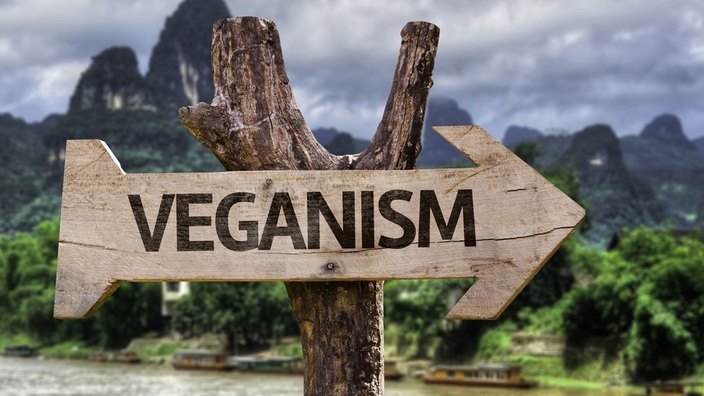
So What Is Veganism?
Veganism is the practice of eliminating the use of animal products & animal by-products. Ethical vegans reject the commodity status of animals and the use of animal products for any purpose. Another form, environmental veganism, rejects the use of animal products on the premise that the industrial practice is environmentally damaging and unsustainable. There are also people who started a vegan lifestyle for health reasons.
There are plenty of myths going around about veganism. The most common one is that veganism is not healthy and that vegans cannot get all the nutrients they need from a plant-based diet.
The key to a nutritionally sound vegan diet is variety. A healthy and varied vegan diet includes fruits, vegetables, plenty of leafy greens, whole grain products, nuts, seeds, and legumes.
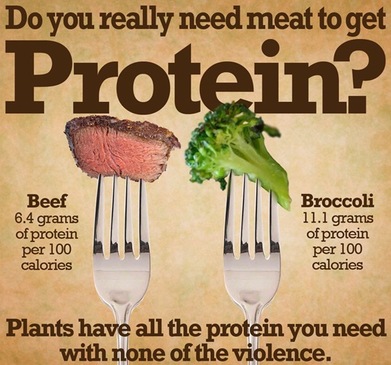
How About Protein?
It is very easy for vegans to meet the recommendations for protein as long as calorie intake is adequate. Strict protein planning or combining is not necessary. The key is to eat a varied diet.
Almost all foods except for alcohol, sugar, and fats provide some protein. Vegan sources include: lentils, chickpeas, tofu, peas, peanut butter, soy milk, almonds, spinach, rice, whole wheat bread, potatoes, broccoli, kale.
Well-planned plant-based diets are rich in protein, iron, calcium and other essential vitamins and minerals. The plant-based sources of these nutrients tend to be low in saturated fat, high in fibre and packed with antioxidants, helping mitigate some of the modern world's biggest health issues like obesity, heart disease, diabetes and cancer.
Here's a quick vegan guide you can follow but if you're already eating heaps of fruits & veges, then you're on your way to becoming a vegan jedi and not in need of assistance anymore! <3

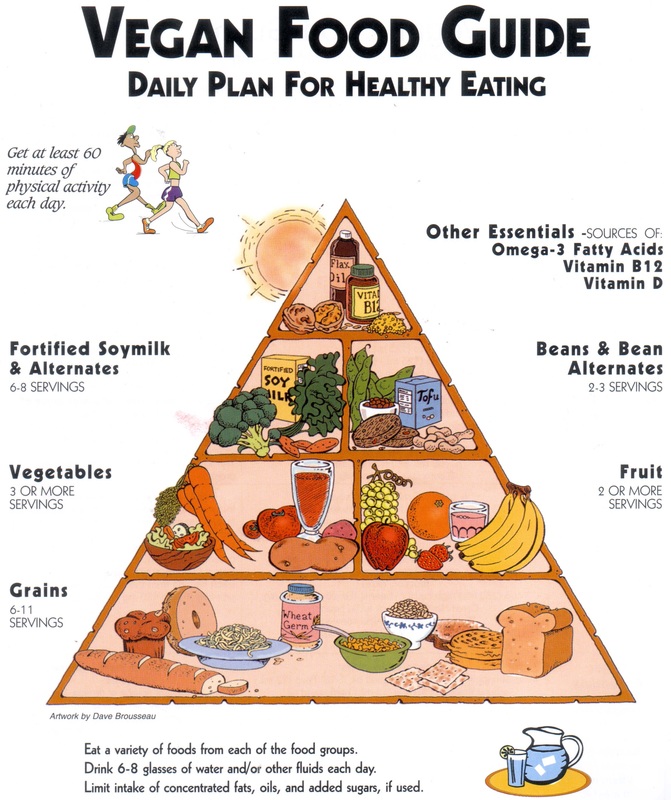
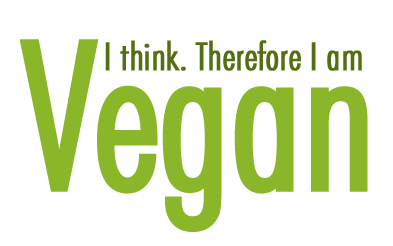
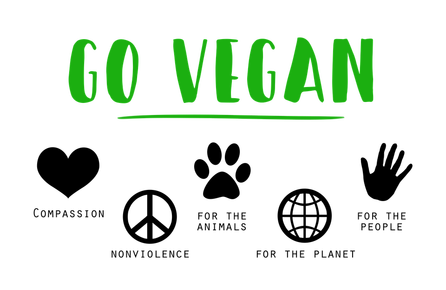
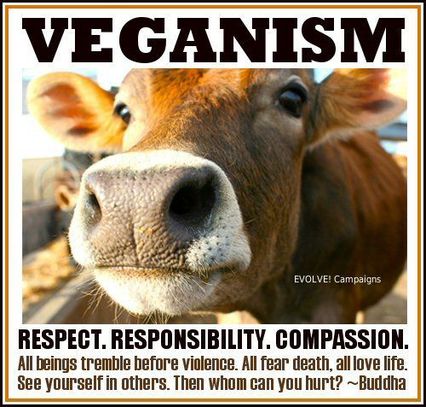
 RSS Feed
RSS Feed
